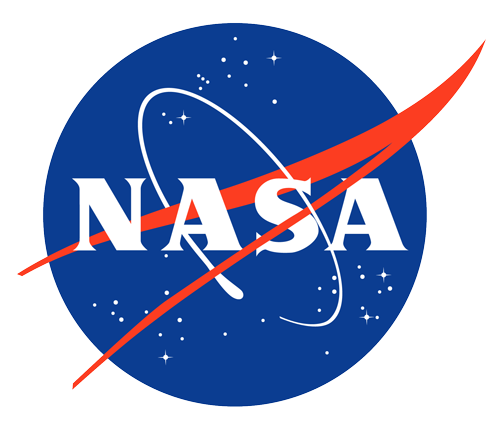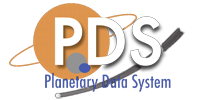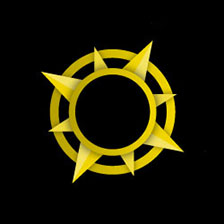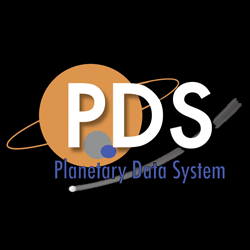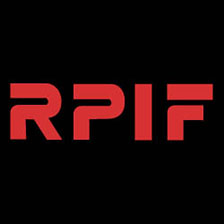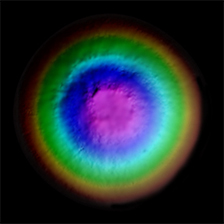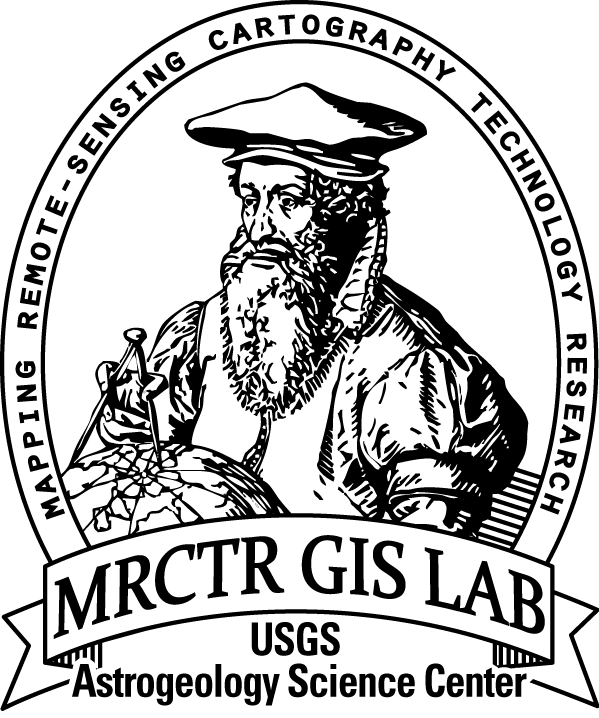Researchers in the planetary and terrestrial aeolian community are at work all over the world; the last workshop alone had representatives from eight countries and three continents! This research is conducted locally on Earth analogs and on such far-flung places as Titan, but the common goal is to understand geological processes on the rocky planets, dwarf planets, asteroids, and satellites of our solar system. The planetary dunes workshops allow aeolian scientists to share ideas and discuss plans for future studies.
Each workshop devotes approximately two days to oral presentations, allowing ample time for discussion during and after each session. The poster session allows additional research to be presented and discussed. Lastly, each workshop includes a field trip to a region of geological interest, such as White Sands National Monument and Bruneau Dunes State Park.
Below are links to abstracts, special issues, and other products which have resulted from past workshops.
 5th International Planetary Dunes Workshop: From the Bottom of the Oceans to the Outer Limits of the Solar Systems
5th International Planetary Dunes Workshop: From the Bottom of the Oceans to the Outer Limits of the Solar Systems
St. George, UT, USA
May 16-19, 2017
At this time, we are aware of aeolian systems on Earth, Mars, Venus, and Titan. The aeolian community is currently researching bedforms on other bodies, including comets. As the dataset of known aeolian systems grows, we must ask how the differences in these bodies affect the formation of dune fields, although in spite of these differences the dunes often appear rather similar. In furthering this effort this workshop also included another set of potential planetary aeolian analogs: subaqeous bedforms.
Recently the aeolian research community has been inundated with data from observers, landers, and rovers, especially on Mars. During the last workshop, researchers were eagerly awaiting results from the Mars Science Laboratory Curiosity Rover's sampling of the dune field in Gale crater. Curiosity is still in the process of traversing the dune field and analyzing samples, and so the dataset will continue to grow. For this reason it is of utmost importance to establish communication and synergy between aeolian scientists to take advantage of the new discoveries which await the community as more data are received.
Keep an eye on this page in the near future for the meeting report, special issue, and additional abstracts and papers from this meeting.
 4th International Planetary Dunes Workshop: Integrating Models, Remote Sensing, and Field Data
4th International Planetary Dunes Workshop: Integrating Models, Remote Sensing, and Field Data
Boise, ID, USA
May 19-22, 2015
Landforms and deposits created by the dynamic interactions between granular material and airflow (aeolian processes) occur on several planetary bodies, including Earth, Mars, Titan, and Venus. The recognition of landforms on other planetary bodies requires use of terrestrial analogues in a well-established methodology for interpretation of landforms observed on orbital and lander images of other planetary bodies. Based on the paradigm that morphologically similar landforms are formed in essentially the same manner on different planetary surfaces, this approach can indicate the types of surface processes and environments that occur on an unfamiliar landscape, provided that the fundamentals of the landforms and processes are well understood on Earth.
In addition to an oral presentation and a poster session presenting these topics, attendees took an all-day field trip to Bruneau Dunes State Park near Mountain Home, ID. Dr. James Zimbelman is conducting research at this location and led the trip. View some photos by Dr. Cynthia Dinwiddie from the field trip online here.
Special Issue: The special issue in Aeolian Research is now available online.
To read the abstracts from the oral presentations and the poster session, see the workshop program on the meeting website or visit the archived workshop schedule page.
For a summary of some of the topics covered at the workshop, read the meeting report published in Eos in August 2015.
Keep an eye out on this website for additional abstracts, papers, special issues, and other products from this meeting in the coming months.
 3rd International Planetary Dunes Workshop: Remote Sensing and Image Analysis of Planetary Dunes
3rd International Planetary Dunes Workshop: Remote Sensing and Image Analysis of Planetary Dunes
Flagstaff, AZ, USA
June 12-15, 2012
The 3rd International Planetary Dunes Workshop was held in Flagstaff, AZ, USA, during June 12-15, 2012. In addition to progress on understanding the processes which form and shape aeolian features on Mars, Earth, Venus, and Titan, potential aeolian processes on Triton and Pluto were also discussed. New data analysis and numerical tools and low-cost field instruments were also presented, which represented important technological advances since the previous workshop.
Attendees participated in two and a half days of oral presentations, discussion, and poster sessions, and embarked on two field trips to Grand Falls Dune Field and to the Navajo and Entrada Sandstones.
- The research which came out of the 3rd International Planetary Dune Workshop have been compiled into a special edition of Icarus which is now available online. Click here to access the special issue.
- For the abstracts from the oral presentations and the poster sessions, visit the workshop's program page on the meeting website.
- The meeting summary for the 3rd IPDW has been published in Aeolian Research and is available online. An additional meeting report is available in Eos here.
- For extended supplementary material to the meeting summary, visit this page in Eos.
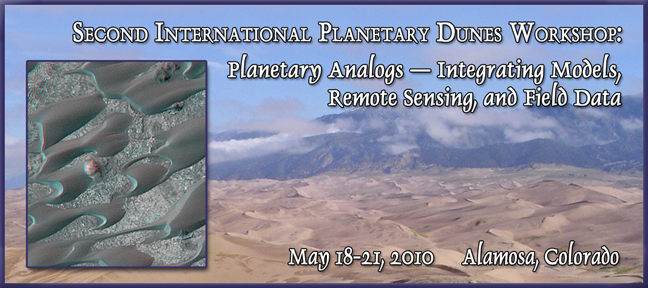 2nd International Planetary Dunes Workshop: Planetary Analogs - Integrating Models, Remote Sensing, and Field Data
2nd International Planetary Dunes Workshop: Planetary Analogs - Integrating Models, Remote Sensing, and Field Data
Alamosa, CO, USA
May 18-21, 2010
The 2nd International Planetary Dunes Workshop held in Alamosa, CO, over May 18-21, 2010, discussed research on bedform activity, sources and transport of aeolian grains, and the relationship between dunes, water, and ice. The presentations focused on aeolian processes on Mars, Earth, and Titan. New data from orbiters and rovers provided the basis for fresh insights into bedforms on Mars and Titan.
During the workshop, attendees participated in a field trip to the Great Sand Dunes National Park.
- The special issue which compiles the research which came out of this meeting is available online in Earth Surface Processes and Landforms.
- To view the abstracts for the oral presentations and the poster session, visit the workshop program page on the meeting website.
- For the meeting summaries published shortly after the workshop, visit Aeolian Research online here and Eos online here.
- View supplementary materials published in conjunction with the meeting summary by clicking this link to Eos.
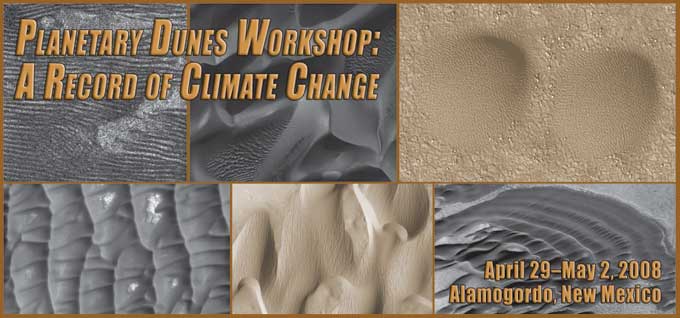 1st International Planetary Dunes Workshop: A Record of Climate Change
1st International Planetary Dunes Workshop: A Record of Climate Change
Alamogordo, NM, USA
April 29-May 2, 2008
In the 1st Planetary Dunes Workshop, researchers discussed the need for cooperation in planetary aeolian research and identified ten priorities for the future of dune studies. Aeolian processes on Mars, Earth, and Titan and the instruments and models being utilized to monitor them were presented during the talks. Two poster sessions were held, with the first presenting research on Earth, Titan, and instruments. The second poster session focused on Mars.
Attendees also visited the White Sands National Monument as a part of an organized field trip during the workshop.
- The research which resulted from this workshop is available online in this special issue of Geomorphology.
- The abstracts for the oral presentations and poster sessions are available on the program page of the meeting website.
- The meeting summary was published in Eos online and may be viewed here.
- Supplementary material to the meeting summary may also be found in Eos by clicking here.

